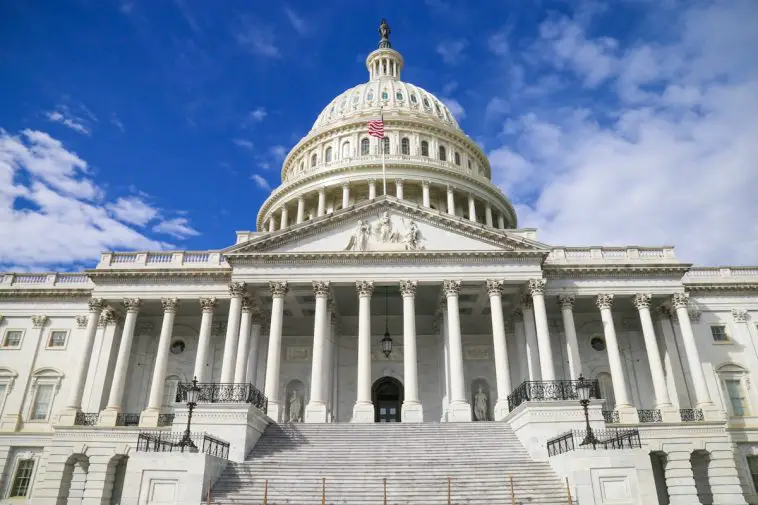Should English be the official language of the United States?
The United States is a nation of immigrants, built on the foundation of diverse cultures and languages. However, to foster unity, efficiency, and effective communication, it is essential to have a common language. From a conservative perspective, making English the official language of the United States is crucial for promoting national cohesion, reducing governmental costs, and preserving the nation’s cultural heritage. Here’s why English should be the official language and how it aligns with conservative values.
Promoting National Unity
A common language is a unifying force that brings people together and fosters a shared sense of identity. In a diverse nation like the United States, English serves as a common thread that connects individuals from various backgrounds. Making English the official language reinforces this unity and ensures that all Americans, regardless of their heritage, can communicate effectively and participate fully in civic life. This unity is essential for maintaining a cohesive society where individuals can work together toward common goals.
Enhancing Government Efficiency
The absence of an official language leads to significant governmental inefficiencies and increased costs. Currently, federal, state, and local governments are required to provide services and documents in multiple languages. This duplication of efforts and resources is costly and often unnecessary. By establishing English as the official language, we streamline governmental operations, reduce expenses, and ensure that resources are used more effectively. This approach aligns with conservative principles of fiscal responsibility and limited government.
Facilitating Integration and Opportunity
Proficiency in English is a critical factor in economic and social integration. Immigrants who learn English are more likely to succeed in the job market, access educational opportunities, and fully participate in American society. Making English the official language encourages new immigrants to learn and adopt English, promoting their integration and enhancing their prospects for success. This policy helps ensure that all residents have the opportunity to achieve the American Dream, fostering a more inclusive and prosperous society.
Preserving Cultural Heritage
While the United States celebrates its cultural diversity, it is also important to preserve the common cultural heritage that unites the nation. English has been the dominant language in the United States since its founding, and it plays a crucial role in the nation’s history, literature, and legal framework. Making English the official language honors this heritage and ensures that future generations remain connected to the nation’s historical and cultural roots. It preserves the integrity of American institutions and the continuity of the national narrative.
Upholding the Rule of Law
A common language is essential for the effective administration of justice and the rule of law. Legal proceedings, governmental regulations, and official documents must be clearly understood by all citizens to ensure fair and equitable treatment. By establishing English as the official language, we guarantee that the legal system operates efficiently and transparently, protecting the rights and responsibilities of all individuals. This clarity is crucial for upholding the rule of law and ensuring that justice is accessible to everyone.
Reflecting the Will of the People
Public opinion consistently supports the establishment of English as the official language of the United States. Many Americans believe that a common language is essential for national unity and effective governance. By making English the official language, policymakers align with the views of their constituents and demonstrate a commitment to addressing their concerns. This approach respects the democratic principle of reflecting the will of the people in government decisions.
Encouraging Civic Participation
A common language is vital for active and informed civic participation. Understanding and engaging with civic processes, such as voting, accessing public services, and participating in community activities, require proficiency in the national language. Making English the official language ensures that all citizens can fully engage in the democratic process and contribute to the nation’s civic life. This inclusivity strengthens the foundations of democracy and promotes a vibrant, participatory society.



